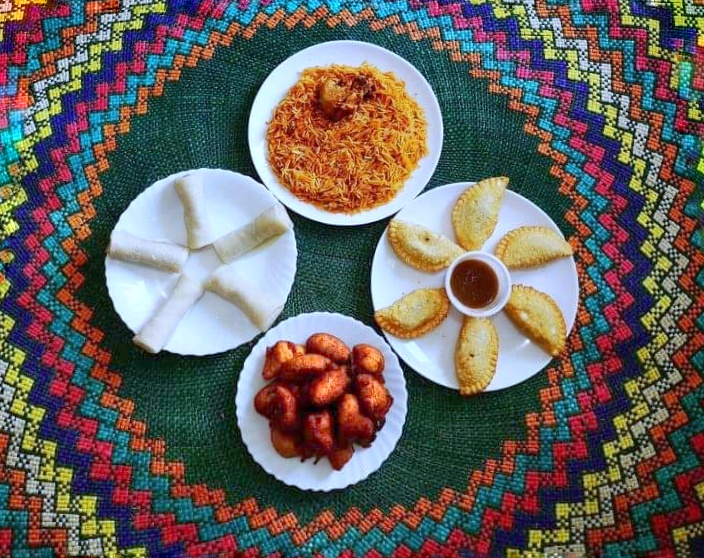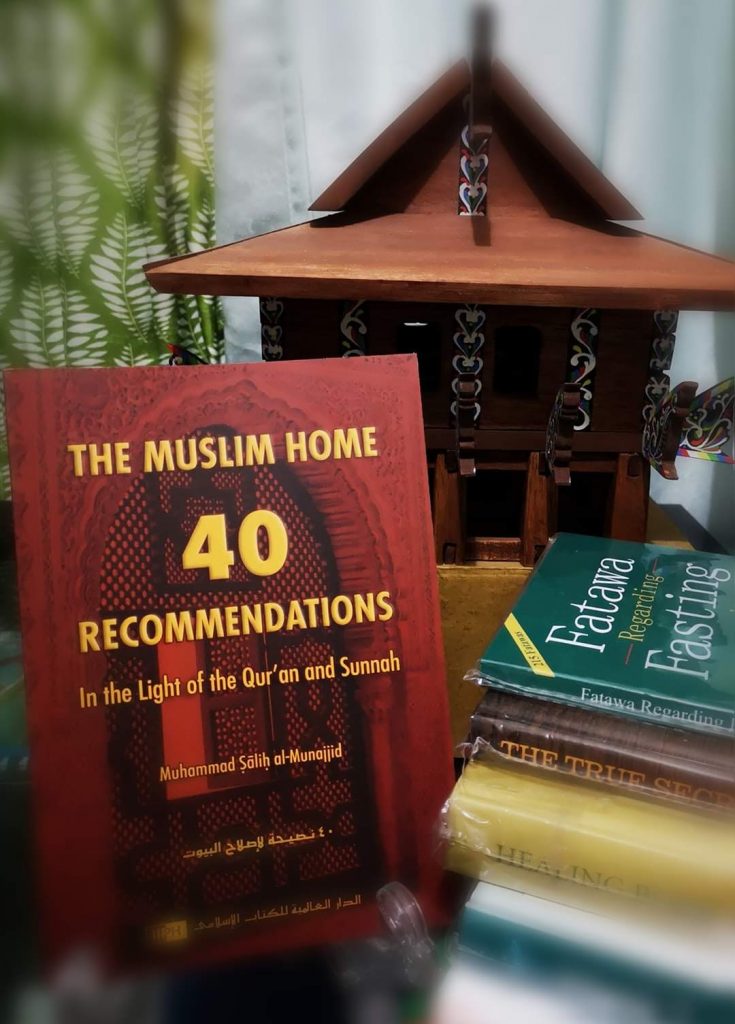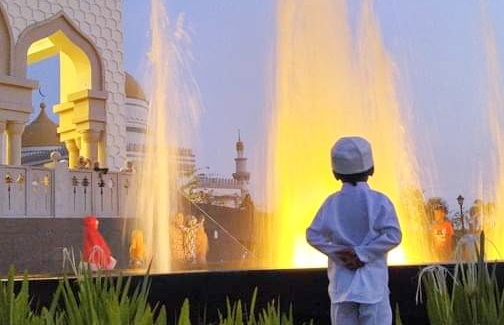Ramadan is usually observed with various religious activities participated by believers of Islam. A month of fasting and prayers, Muslims abstain food and beverages from sunrise to sunset, and forbear earthly desires and behaviors. Rather, they devote themselves to “salat” (prayers), reading of the Quran, and doing charitable deeds as faithfuls strive for purity and “taqwa” or heightened awareness of Allah.

Ramadan is also known as a communal period, when Muslims gather together for prayers and congregate during “iftar”, a celebratory meal that breaks the day-long fast.
But all that is changing now as the threat of COVID-19 has cast a long shadow on this very important time for the Islam world.
From being a social time, Ramadan has become a sober affair. Praying in mosques, performing the “taraweeh” prayer in congregation and meeting families and friends for “iftar” are now prohibited. The familiar summons to “come to pray” have now been altered to “pray at home.”
We asked Davao-based Muslims on how they are coping with the rituals of Ramadan in the midst of the COVID-19 crisis.
“We are blessed that I have a nephew who is an ‘imam’ (one who leads the prayers). He leads the ‘taraweeh’ at home,” said entrepreneur Hamida Demuna-Sibayan.
“We are also glad that our 10 year old son is leading the ‘taraweeh’ at home,” Atty. Bai Ashrafia Alonto-Biruar Mitmug said.
This also gave new meaning to ‘family time’ to many.
“Prayers are done with my family at home. We using our time in learning together about the 5 pilars of Islam, stories of the prophets, and in memorizing more Du’a or Surah,” shared Hiyas ng Kadayawan 2019 Nurainie Ampatuan.
Journalist Leebai Ambolodto also found comfort in the warm confines of home.
“This is a first for me to spend Ramadan with my parents at home. It feels so much better to perform the prayers with them,” she said.
However, it is a different plight for hotelier Sarah Dayrit Mama, who is stuck in Davao, away from her family in Cotabato.
“I pray on my own. I also had to plan ahead for meals and what to buy during grocery run for my ‘iftar’. Fasting and dehydration during day time at the peak of summer is a big challenge,” she revealed.
The demand of the circumstances may be overwhelming yet others, who are blessed with bounty, redirected their attention back to one of the pillars of Islam: zakat, a religious duty to share blessings especially to those who need them the most.
“We give out food packs to our frontliners, especially those tasked in securing our roads and keeping our city safe and peaceful,” shares Sibayan.
“Given the circumstances, Muslims must be more patient and to take this opportunity to do more good deeds by giving charity and praying for the Grace and Mercy of Allah (subhanahu wa taala) to heal us and our world,” added architect Abdul Malik M. Diamla.
Marilou Ampuan, president of the Universal Islamic Center, also concurs.
“Ramadan is time for sacrifice and spiritual renewal, and a test of patience. We have to face the trials with humility,” she said.
This year’s Ramadan has also become a time to be more introspective.
“We should not take this valuable time for granted. We allow this period for us extend our gratitude, ask for forgiveness, spread love and kindness,” Ampatuan conveyed.
“It asks us to look beyond the need for self-gratification, and further still, beyond the need to acquire possessions. Islam reminds us that life is but a transient pause on the way to life everlasting. This is but a fleeting moment,” shared Department of Tourism operations officer Zuhairah Abas-Diamla
“We, Muslims, are generally resilient. Ramadan gives us hope and strengthens our faith and our spirit to fight this pandemic,” said public attorney Sittie Fahanie S. Uy.
Ramadan traditionally wraps up with the merry observance of Eid’l Fitr, something that many have anticipated to be very austere this year.
“We go back to the true meaning of this holy month – to remember our humanity and how our individuality can affect our community. Most importantly, the depth of our relationship with Allah,” said Papa.
There might be still no known silver lining for this crisis. However, Muslims have learned to trust the spiritual rewards of fasting, believed to be multiplied exponentially during Ramadan. As long as we continue to pray and believe, an end to this pandemic will see its foreseen end. Inshallah (if Allah wills it).
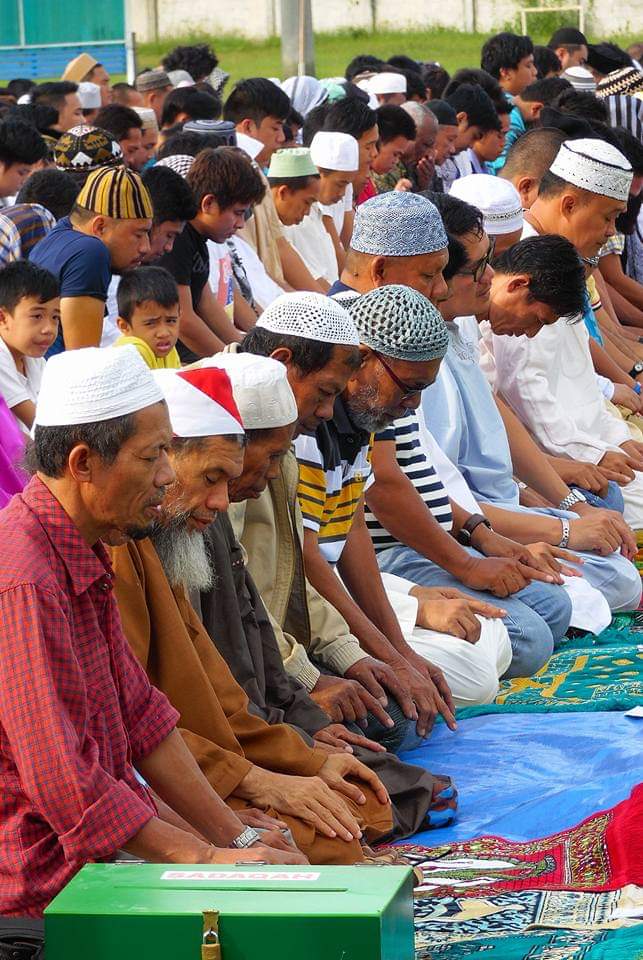
Muslims will forgo mass gathering for prayers this year due to the threat of COVID-19.
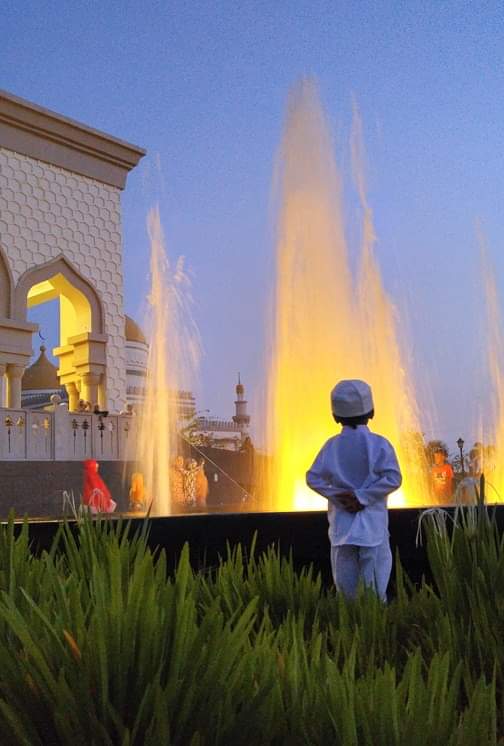
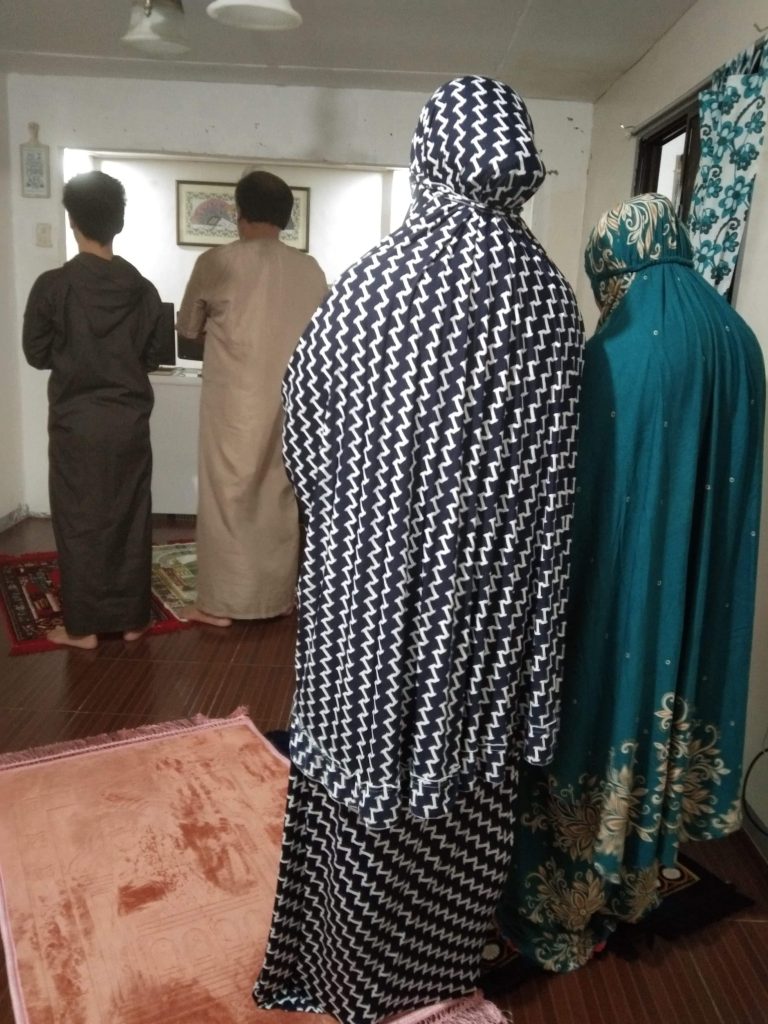
Instead of going to mosques, prayers are now done at home with family members. (photo: Zuhaira Abas-Diamla)
